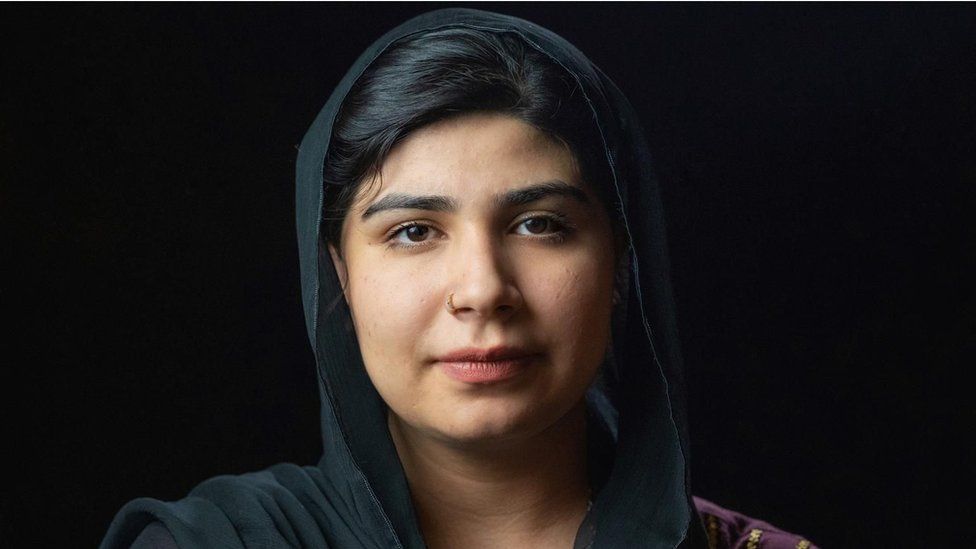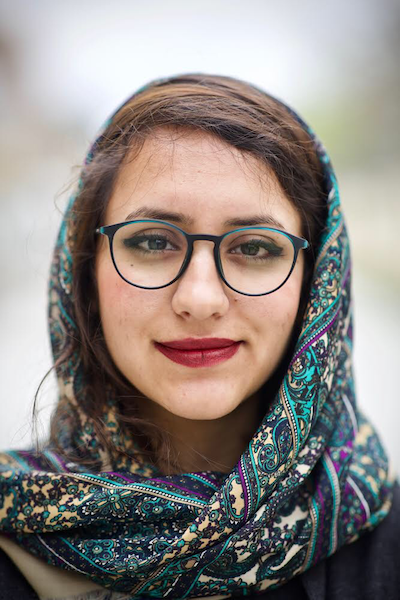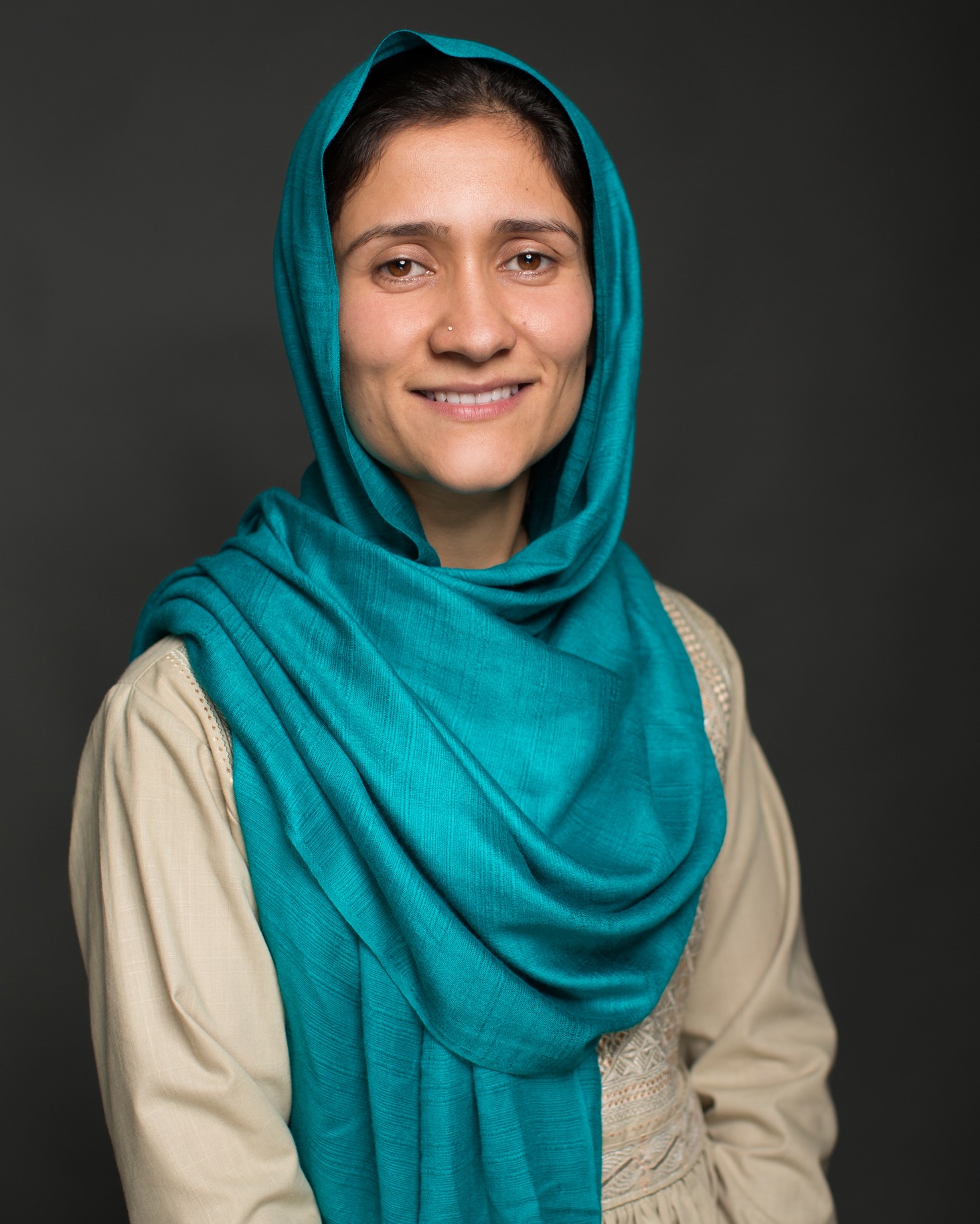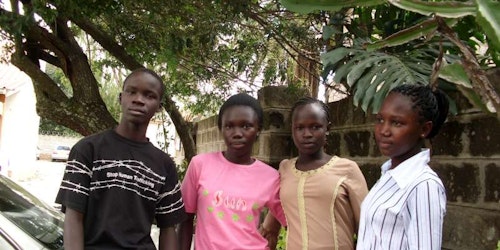Estimated read time: 3 minutes
The futures of Afghan girls are precarious. When the Taliban— the defacto government of Afghanistan—retook control of the country in August 2021, it brought back with it oppressive policies around secondary education for girls. For 186 days, adolescent girls waited in anticipation for the Taliban’s new rules, hoping that they would be allowed back into the classroom to continue their education come March 2022. Schools opened for just a few hours on March 23. Then, despite hopes that the Taliban would keep its promise, Afghan girls, education rights advocates, and the international community were saddened and angered by its decision to ban girls from attending school past 6th grade.
Education is a human right. Girl Up stands with our community members in Afghanistan who are seeking equal access to education. Denying girls the opportunity to learn has a ripple effect and impacts their ability to exercise their rights and access opportunities in other areas of their lives. Girls with secondary education are more equipped to make their own health care decisions, are six times less likely to marry as children, and are at a decreased risk of child pregnancy. Additionally, education gives girls the confidence, opportunity, and access to build the future of their dreams and foster their individual and economic empowerment.
Along with the UN and the international community, Girl Up is urging the defacto government to #LetAfghanGirlsLearn. At the forefront of this rallying cry are education rights activists, such as Pashtana Durrani, Freshta Karim, and Shabana Basij-Raikh.

“[Education] is the one thing that I’m willing to put up a fight for until I can. I’m going to make sure that girls can access their rights one way or the other. If they cannot do it legally, we are going to find a way, and we are going to stand by each other in solidarity.”
Pashtana Durrani, director of LEARN, Afghanistan

“Realising every girl’s right to education is vital to the future of Afghanistan. Without it, the country will dive deeper into poverty and a never-ending cycle of war and oppression. If we want a better future, we must advocate for education for girls and women’s right to work. Banning them is not only a violation of their Islamic and human rights, it also has huge economic and developmental costs.”
Freshta Karim, children’s-rights activist and founder of Charmaghz

“Educated girls become educated women, and educated women are independent women. This is what members of the Taliban know. This is what they accept in their own families. This is what they fear in their own nation…We will educate Afghan girls, and nothing and no one will ever deter us.”
Shabana Basij-Raikh, co-founder and president of School of Leadership Afghanistan (SOLA).
Girl Up supports Afghan women and girls who are marching in protest, advocating on the frontlines, and finding alternative education methods because we know that an educated girl is healthier, economically powerful, and poised to be a leader.








